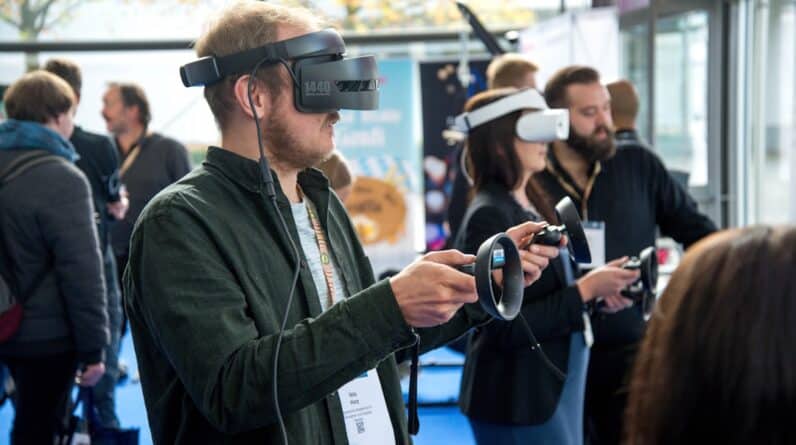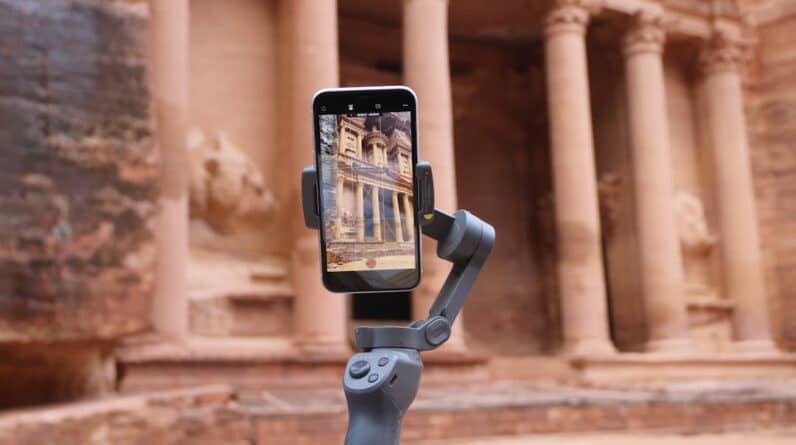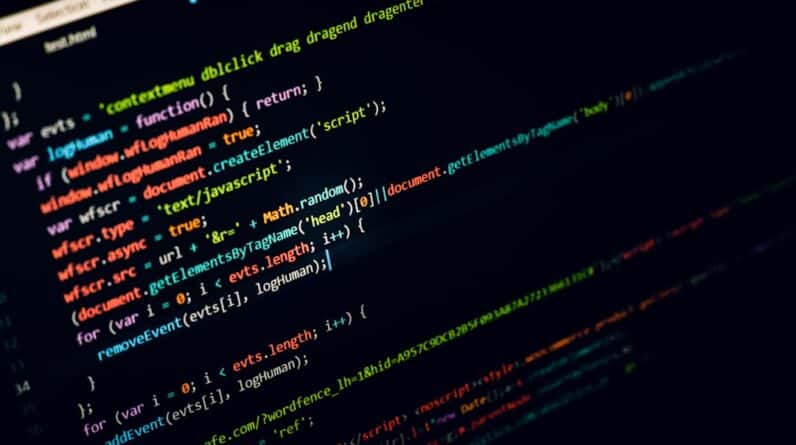As you delve into the world of music, you may have noticed a significant transformation taking place, driven by the rapid advancements in artificial intelligence (AI). The music industry, once dominated by human creativity and traditional methods, is now embracing technology in ways that were once unimaginable. AI is not merely a tool; it has become an integral part of the music ecosystem, influencing everything from composition to distribution.
This evolution raises intriguing questions about the future of music and the role of human artists in a landscape increasingly shaped by algorithms and machine learning. The integration of AI into music is not just a passing trend; it represents a fundamental shift in how music is created, produced, and consumed. As you explore this dynamic intersection of technology and artistry, you will discover how AI is reshaping the creative process, enhancing production techniques, and even redefining marketing strategies.
The implications of these changes are profound, affecting not only musicians and producers but also listeners and the broader cultural landscape. Understanding this evolution is essential for anyone interested in the future of music.
Key Takeaways
- AI is revolutionizing the music industry by offering new tools and opportunities for musicians, producers, and marketers.
- AI is playing a significant role in composing music by analyzing patterns and creating unique compositions based on data.
- In music production, AI is being used to enhance sound quality, automate mixing and mastering, and even generate new sounds and effects.
- AI is transforming music marketing and promotion by analyzing listener data, creating personalized recommendations, and targeting specific audiences.
- The impact of AI on copyright and royalties is a growing concern, as AI-generated music raises questions about ownership and fair compensation for creators.
The Role of AI in Composing Music
When you think about music composition, you might envision a solitary artist pouring their heart into a melody or lyrics. However, AI is now stepping into this creative space, offering new tools that can assist or even take the lead in composing music. Algorithms can analyze vast amounts of musical data, learning patterns and styles from various genres.
This capability allows AI to generate original compositions that can mimic the nuances of human creativity. You might find it fascinating that some AI systems can create entire symphonies or pop songs in mere minutes, showcasing a level of efficiency that human composers may struggle to match. Moreover, AI can serve as a collaborative partner for musicians.
Imagine sitting down with an AI program that understands your musical preferences and can suggest chord progressions or melodies that complement your ideas. This collaborative approach can spark inspiration and push creative boundaries. As you explore this new frontier, you may also encounter AI tools designed to help songwriters overcome writer’s block or experiment with different musical styles.
The potential for innovation in composition is vast, and as you engage with these technologies, you may find your own creative process evolving in unexpected ways.
AI and Music Production

In the realm of music production, AI is revolutionizing how tracks are mixed and mastered. Traditionally, this process required skilled engineers who spent countless hours fine-tuning every element of a song. Now, AI-driven software can analyze audio tracks and make adjustments based on learned preferences and industry standards.
This not only streamlines the production process but also democratizes access to high-quality sound engineering. You might appreciate how this technology allows independent artists to produce professional-sounding music without the need for expensive studio time. Additionally, AI can assist in identifying trends within the music industry by analyzing listener data and preferences.
By understanding what resonates with audiences, producers can make informed decisions about arrangements and styles that are likely to succeed. This data-driven approach can lead to more targeted productions that align with current market demands. As you navigate this evolving landscape, consider how AI’s role in production could influence your own music-making endeavors, potentially leading to more polished and commercially viable outcomes.
AI in Music Marketing and Promotion
As you venture into the world of music marketing, you’ll find that AI is playing a pivotal role in how artists promote their work and connect with audiences. Traditional marketing strategies often relied on intuition and experience, but AI introduces a data-driven approach that can yield more effective results. For instance, algorithms can analyze social media trends, streaming patterns, and listener demographics to create targeted marketing campaigns tailored to specific audiences.
This level of precision allows artists to reach potential fans more efficiently than ever before. Moreover, AI can enhance engagement through personalized recommendations and content curation. Streaming platforms utilize machine learning algorithms to suggest songs based on individual listening habits, creating a more tailored experience for users.
As an artist or marketer, you might find it beneficial to leverage these insights to craft campaigns that resonate with your audience on a deeper level. By understanding how AI can optimize your promotional efforts, you can navigate the competitive landscape of the music industry with greater confidence.
The Impact of AI on Copyright and Royalties
As you explore the intersection of AI and music, it’s essential to consider the implications for copyright and royalties. The rise of AI-generated music raises complex questions about ownership and intellectual property rights. If an algorithm composes a song, who holds the rights to that creation?
This ambiguity presents challenges for artists and legal systems alike as they grapple with defining authorship in an age where machines contribute significantly to creative processes. Furthermore, the use of AI in music production can complicate royalty distribution. Traditional models are based on human contributions, but as AI becomes more involved in creating music, new frameworks may be necessary to ensure fair compensation for all parties involved.
You may find it crucial to stay informed about these developments as they unfold, as they could significantly impact how artists monetize their work in the future.
Challenges and Ethical Considerations of AI in the Music Industry

While the integration of AI into the music industry offers exciting possibilities, it also presents several challenges and ethical considerations that warrant careful examination. One major concern is the potential for homogenization in music creation. As algorithms learn from existing data, there is a risk that they may produce music that lacks originality or diversity.
You might worry that an over-reliance on AI could stifle human creativity and lead to a musical landscape dominated by formulaic compositions. Additionally, ethical questions arise regarding the use of AI-generated content without proper attribution or compensation for human creators. As you engage with these technologies, it’s essential to consider how they impact not only your own work but also the broader artistic community.
Striking a balance between leveraging AI’s capabilities and preserving the unique qualities of human creativity will be crucial as you navigate this evolving landscape.
Future Trends and Innovations in AI and Music
Looking ahead, the future of AI in the music industry is poised for continued innovation and transformation. You may find it intriguing to consider how advancements in machine learning and natural language processing could lead to even more sophisticated tools for composition and production. Imagine AI systems that not only generate melodies but also understand emotional nuances in lyrics or adapt compositions based on real-time audience feedback during live performances.
Moreover, as technology continues to evolve, new platforms may emerge that facilitate collaboration between human artists and AI systems in unprecedented ways. You might envision a future where musicians can seamlessly integrate AI into their creative processes, resulting in entirely new genres or styles that blend human artistry with machine-generated elements. As these trends unfold, staying attuned to emerging technologies will be essential for anyone looking to thrive in the ever-changing landscape of the music industry.
The Continued Evolution of AI in the Music Industry
In conclusion, as you reflect on the role of AI in the music industry, it’s clear that we are witnessing a profound evolution that will shape the future of creativity and artistry. From composition to production and marketing, AI is transforming how music is made and consumed. While there are challenges and ethical considerations to navigate, the potential for innovation is immense.
As you engage with these developments, consider how you can harness the power of AI to enhance your own musical journey while remaining mindful of its implications for the broader artistic community. The continued evolution of AI in music presents both opportunities and responsibilities for artists like yourself as you chart your path in this exciting new era. Embrace the possibilities while advocating for creativity’s unique human touch—after all, it is this blend of technology and artistry that will define the future soundscape of our world.
In a recent article on AI in Energy Management: Optimizing Power Consumption, the potential of artificial intelligence to revolutionize the way energy is managed and consumed is explored. Just as AI is transforming the music industry by enhancing the creative process and streamlining production, it is also being utilized in the energy sector to improve efficiency and reduce waste. Both industries are benefiting from the innovative applications of AI technology, paving the way for a more sustainable and productive future.
FAQs
What is AI in the music industry?
AI in the music industry refers to the use of artificial intelligence technology to create, compose, produce, and distribute music. This can include AI-generated music, AI-assisted music production, and AI-powered music recommendation systems.
How is AI used in music composition?
AI is used in music composition to generate original music, assist in creating melodies and harmonies, and analyze and categorize musical data. AI algorithms can analyze existing music to identify patterns and then use that information to create new compositions.
What are the benefits of using AI in the music industry?
Some benefits of using AI in the music industry include the ability to generate music at a faster pace, explore new creative possibilities, and personalize music recommendations for listeners. AI can also help in automating repetitive tasks in music production.
What are some examples of AI in the music industry?
Examples of AI in the music industry include AI-generated music compositions, AI-powered music recommendation systems like Spotify’s personalized playlists, and AI-assisted music production tools such as virtual instruments and plugins.
What are the potential challenges of using AI in the music industry?
Challenges of using AI in the music industry include concerns about the originality and authenticity of AI-generated music, potential job displacement for human musicians and producers, and ethical considerations surrounding the use of AI in creative processes.






